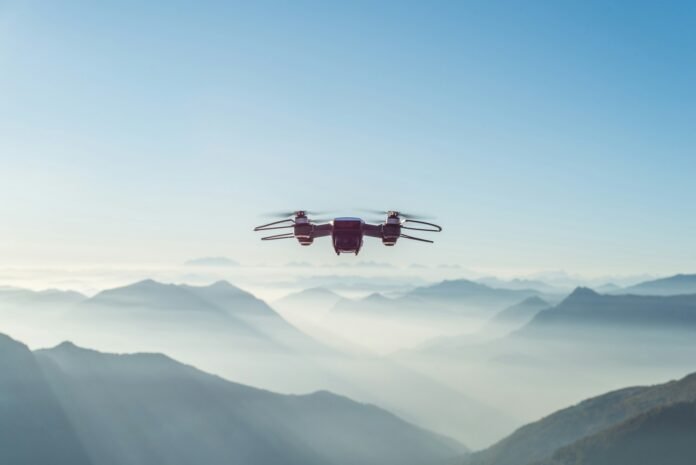First Person View (FPV) drones have gained significant popularity in recent years. These drones provide an exhilarating flying experience, offering users a fresh perspective of the world.
In Ireland, there’s been a noticeable surge in the interest surrounding FPV drones, as numerous enthusiasts embrace the skies to capture breathtaking aerial footage.
This article aims to furnish you with a thorough understanding of FPV drones in Ireland, covering essential aspects such as purchasing, operating, and caring for your drone.
What is an FPV Drone?
FPV drones are remote-controlled quadcopters that are equipped with a camera and a video transmitter. The camera captures live video footage, which is then transmitted wirelessly to a video receiver or goggles worn by the pilot. This allows the pilot to see the drone’s perspective in real-time, as if they were sitting in the cockpit.
Buying an FPV Drone in Ireland
Before you can take to the skies with your FPV drone, you need to purchase one. There are many different types of FPV drones available on the market, ranging from beginner-friendly models to high-end racing drones. When choosing an FPV drone, consider the following factors:
Budget:
FPV drones can range in price from a few hundred to several thousand euros. Determine your budget before making a purchase.
Skill Level:
If you’re a beginner, look for a drone that is easy to fly and comes with features like automatic stabilization and obstacle avoidance.
Intended Use:
Consider what you plan to use your drone for. If you want to capture aerial footage, look for a drone with a high-quality camera. If you want to race your drone, look for a model with fast speeds and agile maneuverability.
Flying Your FPV Drone in Ireland
Once you have your drone, it’s time to take to the skies. However, before you do so, there are a few things you need to keep in mind:
Know the Law:
Before flying your drone, make sure you are aware of the laws and regulations surrounding drone use in Ireland. The Irish Aviation Authority (IAA) has strict rules in place for drone pilots, including restrictions on where and when you can fly your drone.
Practice:
Flying an FPV drone takes practice. Start by flying in an open, empty space until you feel comfortable with the controls. Then, gradually increase the complexity of your flights.
Stay Safe:
Always prioritize safety when flying your drone. This includes avoiding flying near people or buildings, keeping a safe distance from other drones, and never flying your drone out of your line of sight.
Maintaining Your FPV Drone in Ireland
Like any piece of technology, FPV drones require maintenance to keep them in good working order. Here are a few tips for maintaining your drone:
Clean Your Drone:
After each flight, clean your drone to remove any dirt or debris that may have accumulated. Use a soft brush or cloth to gently wipe down the exterior of the drone.
Check Your Batteries:
Make sure your drone’s batteries are fully charged before each flight. Also, check the batteries for any signs of damage or wear and tear.
Perform Regular Inspections:
Inspect your drone regularly for any signs of damage or wear and tear. This includes checking the propellers, motors, and camera.
Conclusion
FPV drones offer a unique and exciting flying experience that has captured the hearts of many in Ireland. Whether you’re a beginner or an experienced pilot, there is an FPV drone out there for you. By following the tips outlined in this guide, you can safely and responsibly enjoy the thrill of flying your FPV drone in Ireland.
FAQs
1. Do I need a license to fly an FPV drone in Ireland?
Yes, if you are flying a drone that weighs more than 1 kg or is equipped with a camera, you need to register with the IAA and obtain a license.
2. Where can I fly my FPV drone in Ireland?
You can fly your drone in any open, uncontrolled airspace as long as you follow the IAA’s regulations and guidelines.
3. Can I fly my FPV drone at night?
No, the IAA prohibits flying drones at night in Ireland.
4. How long does the battery last on an FPV drone?
The battery life of an FPV drone can vary depending on the model and usage. Most drones have a flight time of around 20-30 minutes.
5. Can I fly my FPV drone in bad weather?
No, it is not recommended to fly your drone in bad weather conditions such as rain or strong winds, as this can damage your drone and pose a safety risk.



